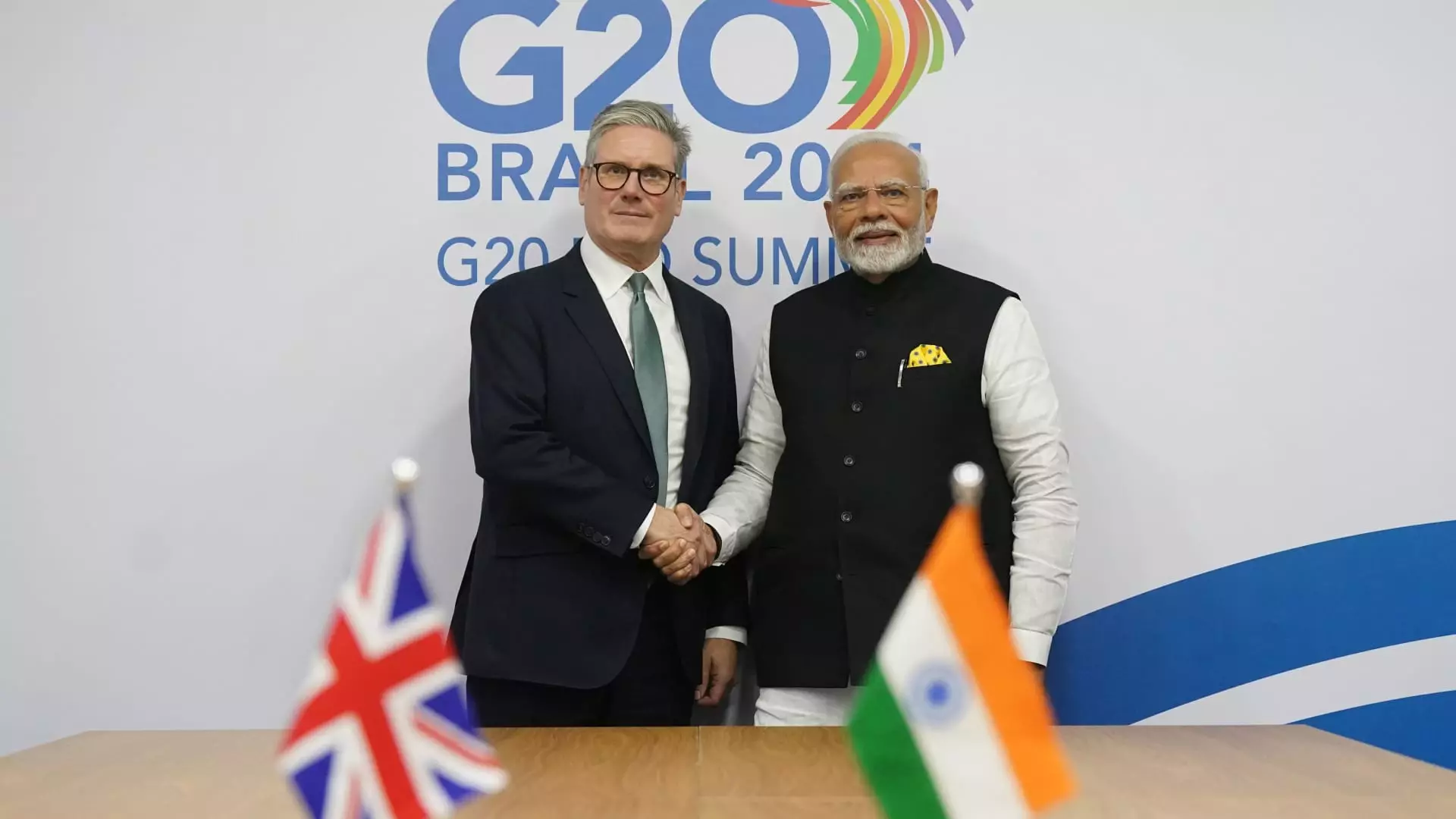In recent years, the United States has demonstrated a worrying trend of disengagement from global institutions that are designed to foster cooperation and stability. Instead of championing multilateralism, the U.S. appears increasingly intent on narrowing the scope of international dialogue to serve its immediate interests. This shift is profoundly misguided, risking the erosion of the very foundations of economic cooperation that mechanisms like the G20 were built to uphold. When Washington opts to pare down its participation, particularly with the goal of returning to “core” financial issues, it sends a message that global consensus is less valuable than unilateral tactics.
This approach is not simply about efficiency; it is about abandoning leadership and abandoning shared responsibility at a delicate moment in history when the world faces complex crises—climate change, economic inequality, geopolitical tensions, and pandemics. America’s move away from multilateral engagement undermines trust and signals to other nations that collective action is optional rather than essential. In its desire to “get back to basics,” the U.S. risks retreating from the very ideals of global cooperation that have historically promoted stability and growth.
Strategic Misjudgments and Short-Sighted Politics
The decision to significantly cut back on G20 engagement reflects a shortsighted, largely political calculus rooted in an “America First” mindset. While prioritizing national interests is an understandable stance, it becomes dangerous when it manifests as outright skepticism or dismissal of multilayered international mechanisms. The consequences extend beyond petty diplomacy; they threaten the economic security not just of the U.S., but of the entire global community.
The Trump administration’s skepticism, expressed through absent officials and reduced participation, suggests a belief that bilateral deals or national-level actions are preferable to multilateral cooperation. However, such a perspective overlooks the interconnected nature of today’s economic challenges. Issues like global debt, climate change, and health crises demand shared solutions—something the G20 was explicitly designed to foster. To dismiss these forums as bloated or unnecessary is to ignore history’s lesson that collective effort is often the only way forward in turbulent times.
Streamlining the G20: Less Is More, Or Less Is Left Behind?
Leaders of the G20 are already wrestling with the group’s sprawling scope and overloaded agenda. There’s common internal recognition that many of the working groups, such as those on climate, health, and energy, have become unwieldy—more symbolic than effective. The proposed strategy to streamline the process by focusing solely on core economic issues resonates with the Trump administration’s desire to “cut the fat,” but it also signals a worrying retreat from a holistic understanding of economic stability.
While it might seem pragmatic to discard less critical discussions, doing so risks neglecting the vital links between financial stability, sustainable development, and social equity. The danger is that by narrowing focus, the G20 could lose sight of how intertwined these issues are in practice. A “less is more” strategy that dismembers the body of international cooperation could lead to a fragmented approach, where critical issues like climate finance and equitable growth are sidelined, undermining the very goals the G20 was meant to serve.
The Power Dynamics Beneath the Surface
America’s reduced engagement in the G20 isn’t merely about efficiency; it is part of a broader reassertion of dominance and selectivity in global diplomacy. Posturing as a global leader by retreating from multilateralism allows other powers, particularly China and Russia, to fill the vacuum. While some might see this as an opportunity for the U.S. to step back and observe, it’s more accurately a strategic opportunity for authoritarian regimes to shape the international order in ways that do not prioritize democratic values or human rights.
By withdrawing or lowering its profile, the U.S. inadvertently grants China the space to elevate its role in global governance—an unsettling prospect given China’s track record on transparency, human rights, and economic fairness. This power shift threatens the delicate balance that the G20 was meant to uphold, where diverse voices work toward shared prosperity. When the U.S. signals that it no longer sees global institutions as vital, it risks fragmenting the collective efforts needed to address existential threats head-on.
The Risks to Global Progress and the Future of the G20
The long-term implications of America’s retreat are ominous. Developing countries, which rely heavily on the stability promoted by the G20, are particularly vulnerable. When the U.S. reduces its engagement on issues like debt relief, fair taxation, or climate action, it weakens the collective capacity to address inequality and systemic risks. This isn’t just a matter of diplomatic protocol—it’s a question of moral leadership.
Furthermore, sidelining these broad, inclusive conversations diminishes the G20’s legitimacy and effectiveness. The risk is that, with fewer major players committed to shared goals, the G20 could become a hollow forum—talking shop rather than a catalyst for meaningful change. The danger is not only academic; it is imminent. The world needs robust, engaged leadership capable of navigating the stormy waters of modern geopolitics. Retreating from the principles that underpin multilateral cooperation signals a retreat into nationalism and short-term interests that, in the end, threaten global stability far more than they promise safety.
In the end, America’s attempt to reduce the G20 to a “core mission” set misses the fundamental truth: global problems demand a collective effort that recognizes the interdependence of nations. To abandon this approach is to gamble with the future of international peace and prosperity—an unwise and perilous bet.


Leave a Reply